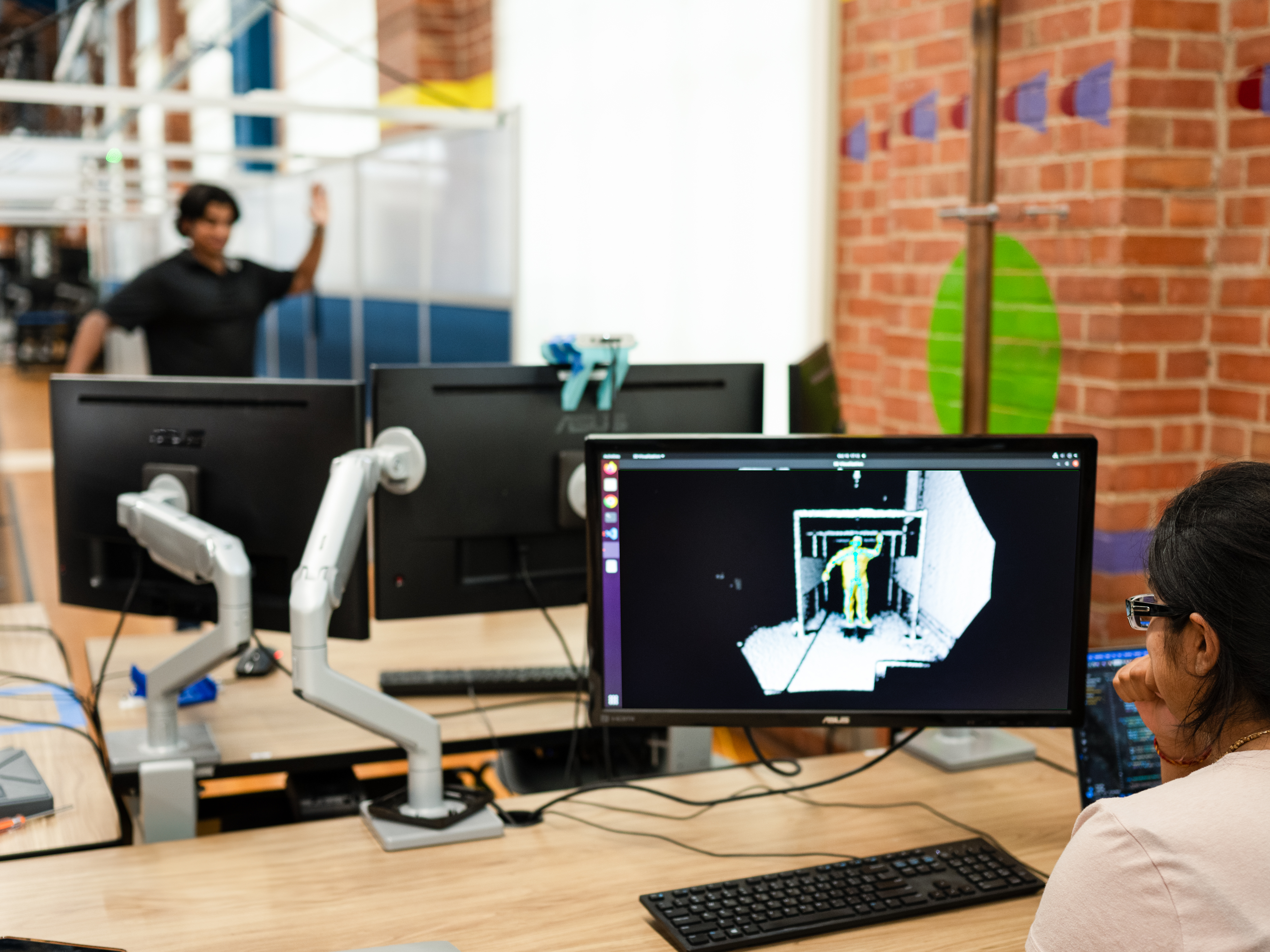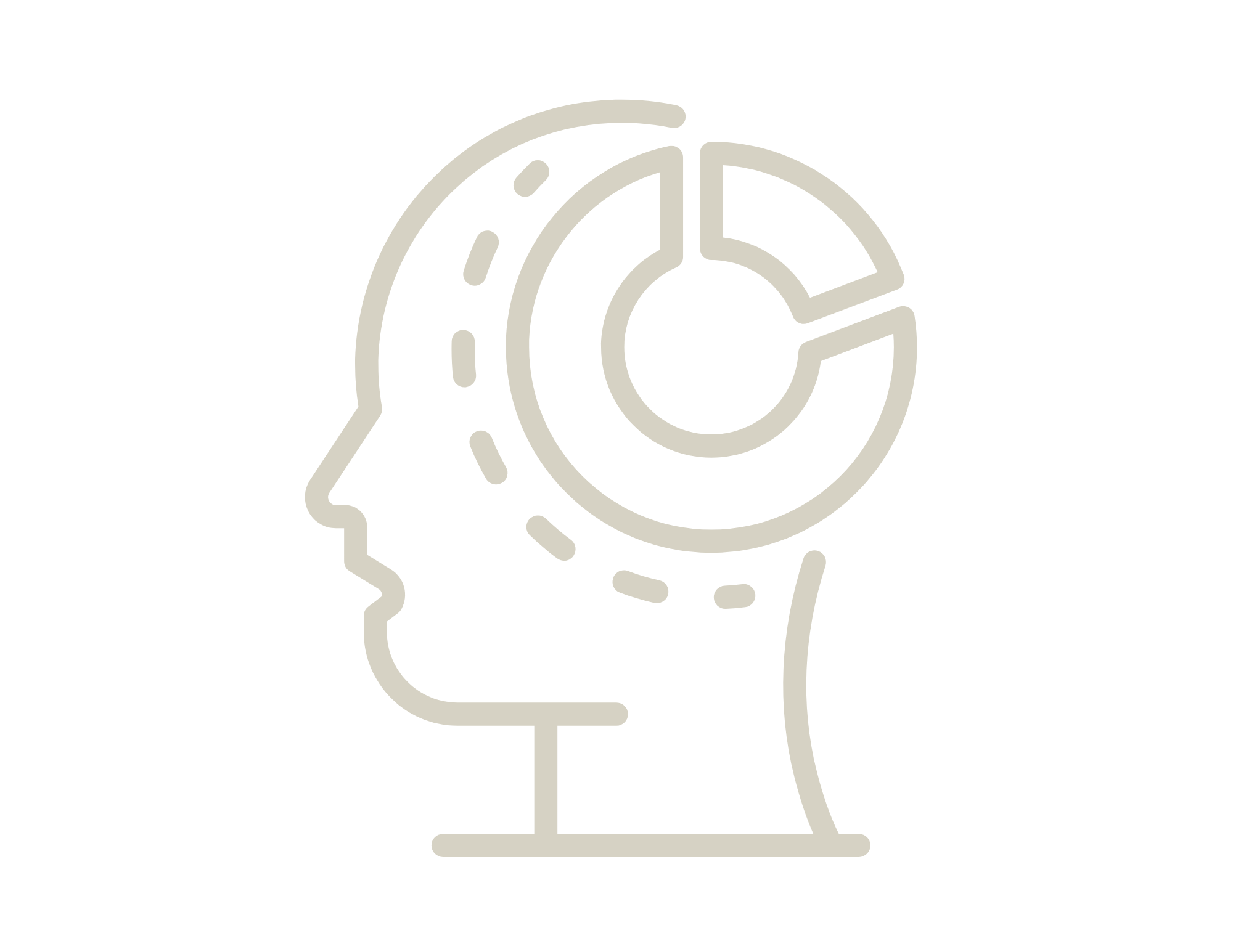
Our Research
AI is having a breakthrough moment in modern culture – self-driving cars zip down city streets, computers have far outclassed humans in games like Go, and ChatGPT is making the nightly news.
Despite these achievements, physically capable humanoid robots are still nowhere to be found. This is counterintuitive – humans exhibit remarkable dexterity with little difficulty, yet find abstract reasoning (e.g. playing chess) to be very challenging. The exact opposite is true for computers: chess is simple, whereas walking up the stairs, or making breakfast, is nigh impossible. What is it about interacting with the world that is so hard for robots?
The Robot Learning stream addresses this challenge through the lens of machine learning, in pursuit of developing generally intelligent, physically capable robots.
Students will focus on applications of machine learning in the robotics domain, interweaving modern artificial intelligence with classical robotics, in pursuit of a principled understanding of what robots can learn, what robots should learn, and why.


Our Strategy
Our researchers will contribute to the development of a generally capable mobile robot.
In the Robot Learning stream, students will develop technical skills like software development, data analysis, mathematical ability, etc. and power skills (collaborating on code, reading papers, and writing proposals).
Additionally, students will be exposed to essential robotics skills including:
- python
- Robot Operating System (ROS)
- modern machine learning libraries (e.g. torch)
- classical problems of machine learning theory (classification, regression)
- modern deep learning systems (reinforcement learning, large language models)
- theory of robotics (mechanics to abstract decision making).
Robot learning researchers work in teams to develop:
- Infrastructure for basic functionality of the robot, like motion planning, navigating, and grasping objects.
- Machine learning methods for training robot behavior (e.g. learning from demonstration, reinforcement learning, inverse reinforcement learning).
- Planning methods for sequencing skills together to achieve abstract goals (ranging from classical methods like PDDL to modern task-and-motion planning and large language models).

Our Impact
We aim to contribute to the theory of artificial intelligence so as to build capable, useful systems but also to understand the principles of computation that underlie our own human experience.
Done well, this research seeks to responsibly develop and deploy generally intelligent robots for a broad range of applications including working alongside people, care-giving, and assisting in disaster response.
Our Team

Roberto Martin-Martin
- Assistant Professor
- Computer Science
Resources
Course Credit
Research Outcomes
Coming soon!
